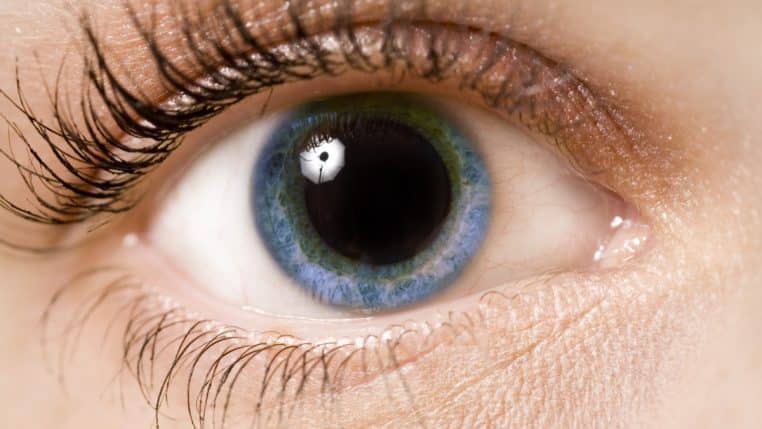The eyes are said to reflect a person’s soul. However, the eyes of a psychopath resemble a hollow mirror, almost frightening! Scientists conducted a clever experiment to identify individuals with this disorder, and it seems they hit the nail on the head!
How to Define a Psychopathic Person?
Psychopathy, a rare and terrifying personality disorder, is marked by a very specific brain difference. Contrary to Hollywood portrayals and clichés, a psychopath isn’t necessarily a criminal; they can live perfectly well alongside others. However, they do possess some quite atypical traits!
In most cases, a psychopath has heightened intelligence. They are capable of charming and manipulating others to achieve their goals. Their biggest flaw? A cruel lack of empathy, making them insensitive to other people’s pain. They do not understand what suffering is, which leads them to engage in dangerous behaviors!

It is very difficult to recognize a psychopath when they simulate their emotions. They calculate each of their actions, adopting a very convincing charisma. To others, they appear completely normal. However, in their minds, their sole objective is to advance, even if that means applying cold and self-centered logic!
The Eyes Say What the Mouth Won’t Admit!
In 2018, Dr. Dan Burley from Cardiff University conducted an experiment to detect psychopaths. He gathered several individuals, including some with the disorder, and showed them strange images to see how their pupils reacted!
This professor explains: “Our results provide physical evidence of a common emotional deficit in psychopathic offenders. The pupil has long been recognized as an indicator of a person’s excitement. Seasoned players have learned to keenly observe their opponents’ eyes to assess whether they have a good hand.”


Indeed, the pupils of normal individuals dilated at the sight of the disturbing images, while those of the psychopaths remained unmoved! However, the professor did observe dilation when he showed them positive images, suggesting that these individuals do experience certain emotions!
Professor Nicola Gray, co-author of the study, states: “This is one of the first times we have objective and physiological evidence of an emotional deficit underlying the delinquent behavior of psychopathic offenders that does not depend on invasive methods or expensive equipment.”
Can a Psychopathic Person Change?
In reality, psychopathy is not a disease like depression or the flu; it is an integral part of a person’s nature. Therefore, it is impossible to remove this part of their personality. However, just as one can train a wolf not to bite, one can mitigate the disorder!


To do this, one must focus on what the psychopath understands: their objectives! One can then attempt to motivate them towards achieving less self-centered goals. The mistake to avoid is trying to reason with them using emotions, as this approach will not work at all.







